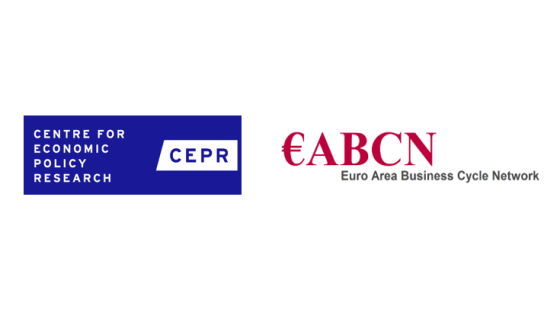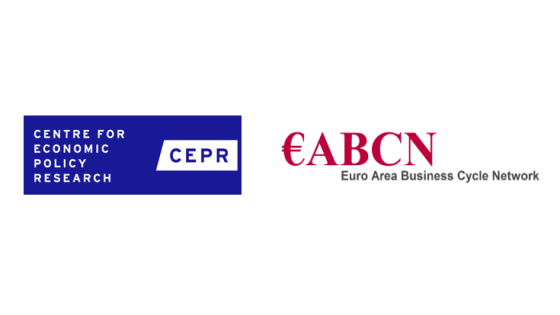DP16005 Diagnostic Business Cycles
A large psychology literature argues that, due to selective memory recall, decision-makers' forecasts of their future circumstances appear overly influenced by the new information embedded in their current circumstances. We adopt the diagnostic expectations (DE) paradigm (Bordalo et al., 2018) to capture this feature of belief formation and develop the behavioral foundations for applying DE to business cycle models, while demonstrating its empirical relevance for aggregate dynamics. First, we address (i) the theoretical challenges associated with modeling the feedback between optimal actions and agents' DE beliefs and (ii) the time-inconsistencies that arise under distant memory. Second, we show that under distant memory the interaction between actions and DE beliefs naturally generate repeated boom-bust cycles in response to a single initial shock. Finally, we propose a portable solution method to study DE in dynamic stochastic general equilibrium models and use it to estimate a quantitative DE New Keynesian model. Both endogenous states and distant memory play a critical role in successfully replicating the boom-bust cycle observed in response to a monetary policy shock.

